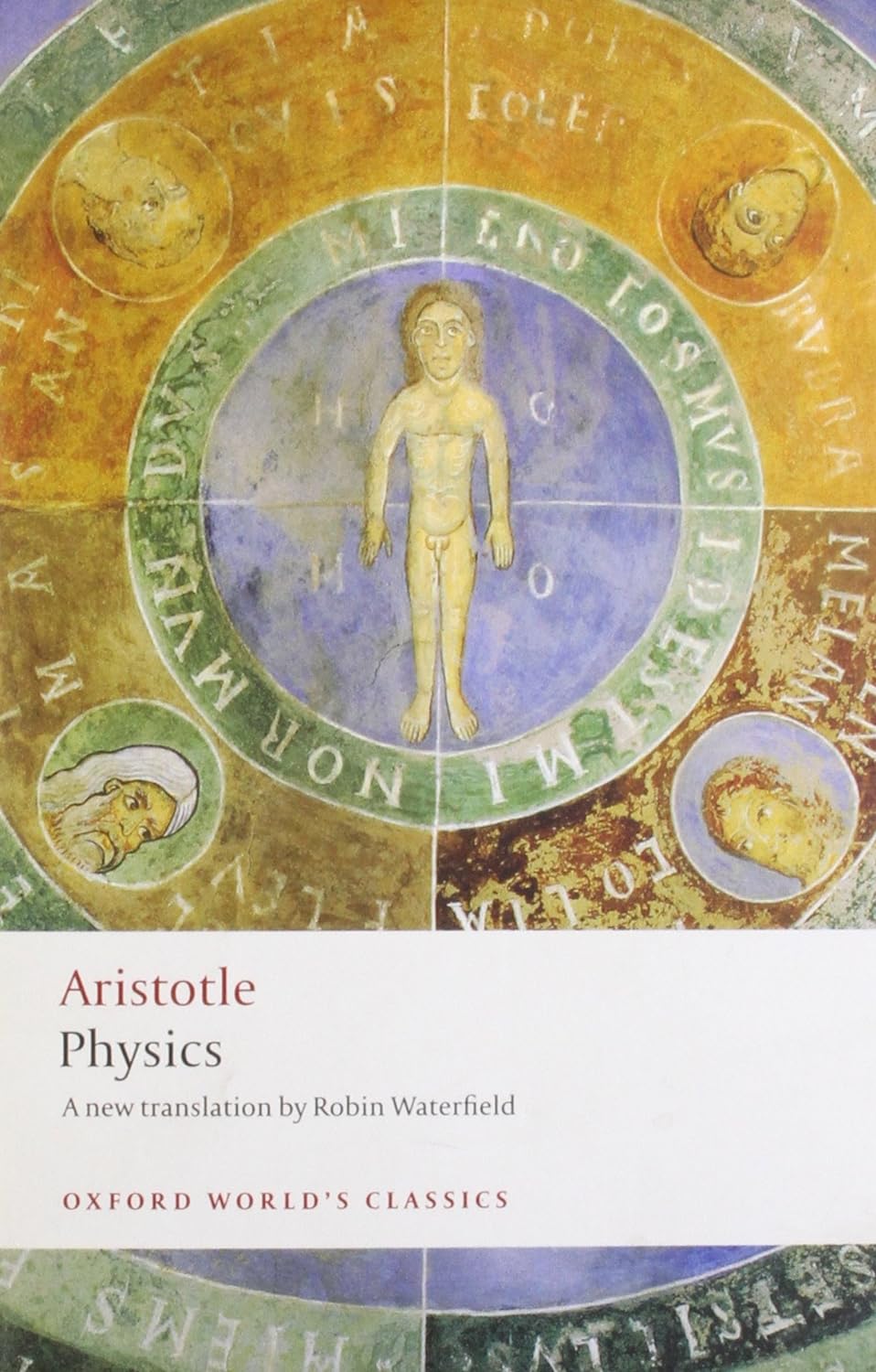The Philosopher's Archive
Physics
Physics
Couldn't load pickup availability
"Physics" by Aristotle is a foundational work in natural philosophy that explores the fundamental principles governing the natural world. Composed in the 4th century BCE, this influential text serves as a systematic inquiry into the nature of physical reality.
In "Physics," Aristotle investigates concepts such as substance, motion, time, and space. He introduces his famous distinctions between potentiality and actuality, emphasising the dynamic nature of the physical world. The work explores the causes of change, with an emphasis on the role of the "unmoved mover" as the ultimate cause of all motion.
Aristotle's exploration of the elements, celestial bodies, and the nature of existence contributes to his broader metaphysical system. "Physics" lays the groundwork for understanding the principles of natural philosophy and sets the stage for later developments in scientific thought.
While some of Aristotle's specific scientific conclusions have been superseded by later discoveries, "Physics" remains significant for its impact on the history of philosophy and science. It reflects Aristotle's methodical approach to understanding the natural world and provides valuable insights into the conceptual framework that influenced scientific thought for centuries.
Product Details:
- ISBN: 0199540284
- EAN: 9780199540280
- Publisher: Oxford University Press, USA
- Binding: Paperback
- Copyright Date: 2008
- Pub Date: July 15, 2008
- Physical Dimensions: 2.03 cms H x 19.3 cms L x 12.7 cms W (0.27 kgs)
- Pages: 384
Share


